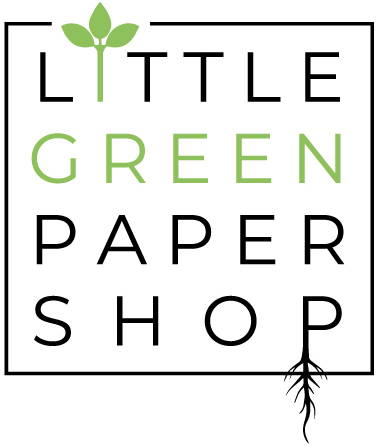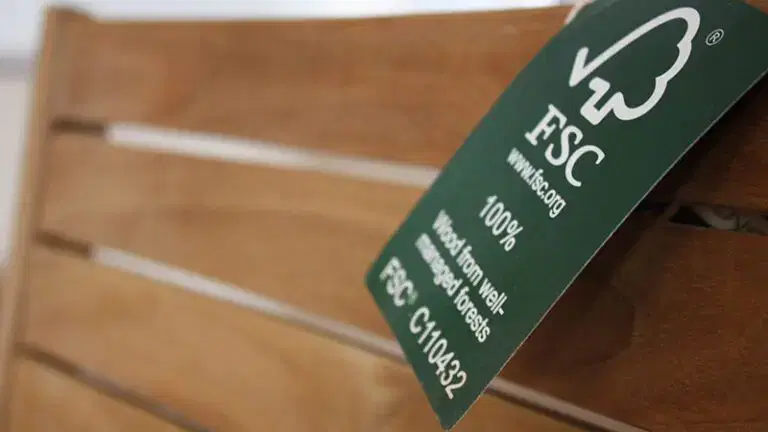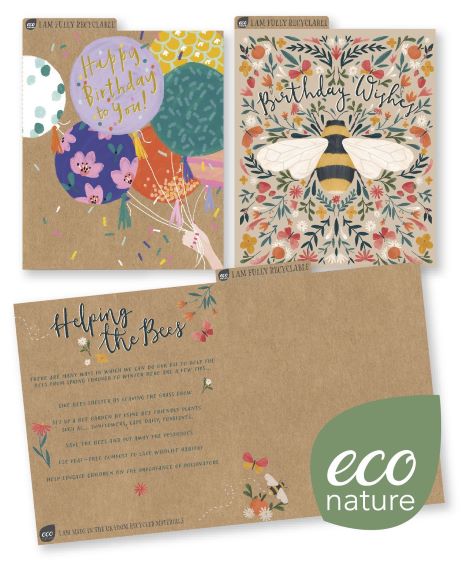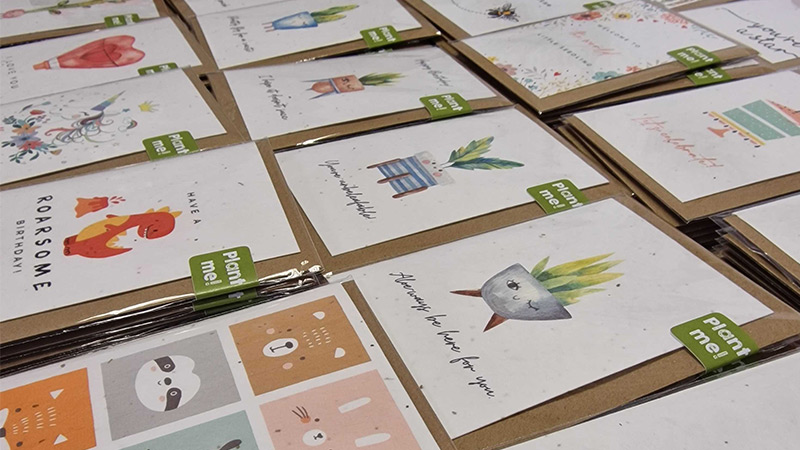
The Greeting Card Association’s series of blogs covering Sustainability in the Card Industry is designed to share good practice, celebrating the work that is being done in our industry to reduce our environmental impact and inspire others.
Cheshire based GCA member Little Green Paper Shop handmake their cards from a growing range of earth friendly papers. The company looks to history to inspire a different route to creating paper:
Ana Cantu, the Founder of Little Green Paper Shop, explains:
In the 1600s paper was mainly made from rags, offcuts from the cotton and linen trade and wood pulp was only used as a substitute when cotton offcuts became scarce.
With the impact of deforestation understood Little Green Paper Shop has been stocking earth friendly papers made from recycled cotton offcuts from the textile industry. Giving use to waste that would otherwise be in landfill.
Cotton based papers are an interesting concept, often fluffier and less dense than traditional papers they have a rustic appeal.
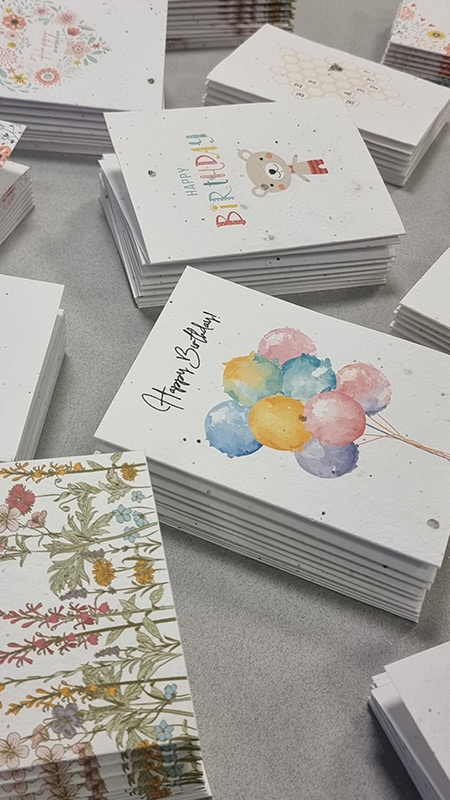

Adding to the eco-friendly credentials of this paper, Little Green Paper Shop have included a range of seeds in the paper mix. These seeds include native wildflower species such as Daisy, Rudbeckia, Celosia, Tomato and Carrot (plus many more). These seeds are all certified under the plants for pollinators scheme, helping bees and butterflies in our gardens avoid the urban sprawl.
Our paper is primarily air dried to ensure integrity of the seeds and this creates such a wonderful vintage finish.
Adding seeds to paper has been done for many years by paper makers, but is ever more important today adding seeds we don’t just help our pollinators, we create a beautiful visual on the paper and encourage recipients to spend more time with their card as they attempt to grow it – it really is win-win
Ana Cantu, founder of Little Green Paper Shop
Further Information
For latest information and tips on reducing your environmental footprint see the GCA’s Into a Greener Future blog
See our blog on the Forest Stewardship Council® for information on responsible management of the world’s forests.
For other case studies, changes to the law and other important information please visit our members’ library and see our Environment section (please log in to see all relevant information).
